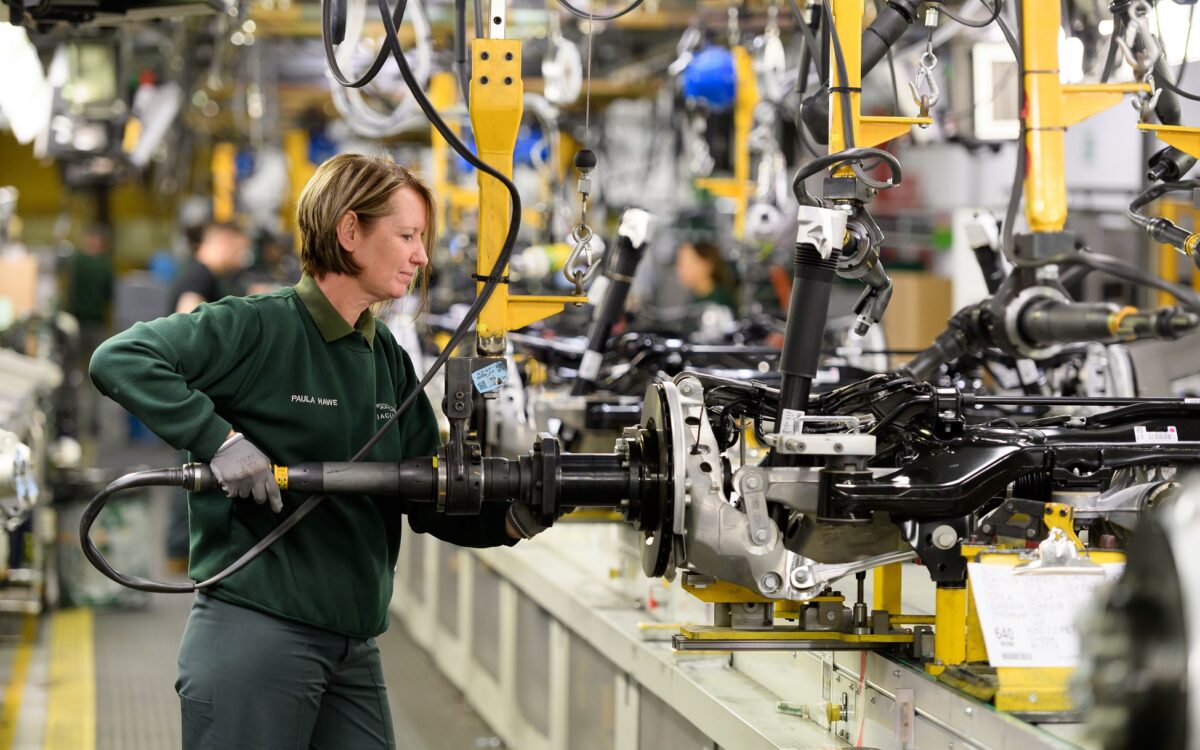The UK battery industry is not keeping pace with its European counterparts as the latest Faraday Institute report suggests the country will need 200GWh of manufacturing capacity to meet future demand.
The Institute noted the UK will need ten, 20GWh gigafactories— not the seven suggested in 2020—to meet domestic demand from EV and energy storage system developers by 2040.
This is an increase of 60GWh per annum in manufacturing output compared to the initial 2020 report.
Faraday suggests the UK will need around 100GWh of battery supply by 2030 to satisfy demand from the private, commercial and heavy goods vehicles sectors, buses, micromobility and grid storage markets.
This demand is equivalent to five, 20GWh per annum gigafactories.
However, Faraday reports the UK battery manufacturing output may only reach 57GWh by 2030— equivalent to around 5% of total European capacity, and a fraction of Germany’s 34% share of the continent’s GWh output.
The insights were noted in the institute’s up-dated 2020 study ‘UK Electric Vehicle and Battery Production Potential to 2040’.
Pam Thomas, chief executive officer, Faraday Institution, said: “The UK is well placed to have a leading position in next generation batteries such as solid-state, lithium-sulfur and sodium-ion technologies.
“The UK is already home to global experts in battery research and to well-established companies. We must move quickly to exploit this competitive advantage by establishing large-scale domestic manufacturing in the UK while continuing to fund long-term battery research”
The transition to electrified transport is essential to meet Net Zero commitments and the combined EVe and battery ecosystem could be worth £22 billion ($26.8 billion) by 2030 and £27 billion ($33 billion) by 2040.
Key changes in assumptions and modelling in the Faraday Institution’s 2022 report relative to the 2020 study are:
- Consideration of the UK announcement to end the sales of new petrol and diesel cars and vans by 2030 and for all cars sold to be zero emissions capability by 2035
- Inclusion of additional battery demand from commercial vehicles, HGVs, buses, micromobility and grid storage
- Faster uptake trajectories for battery EVs at the expense of plug-in hybrid EVs, with BEVs having larger battery capacity on average
- Using most up to date data on UK EV and ICE vehicle sales and a review of industry forecasts, as well as reflecting the downturn from the pandemic and the recent upturn as the global economy recovers
Continued efforts needed
Faraday says it is important the UK government continues to push the UK as a battery manufacturing location to investors, and should help to develop a resilient supply chain, build-up skills capability and commit to the long-term funding of battery research, particularly next generation batteries.
The suggested areas of continued support include:
- Identifying prospective sites for gigafactories and the construction of associated physical, transport and energy infrastructure by the local, regional and national government
- Developing the requisite electric vehicle (EV) battery skills and training infrastructure
- Providing long term commitment to mission-based research into next generation batteries that are cheaper, lighter weight, longer-lasting, safer, manufacturable and fully recyclable
- Developing a strategy to localise and create an efficient, resilient and sustainable UK supply chain to improve availability and affordability of key battery materials for battery production
- Developing a strategy to create the conditions for a new lithium-ion battery recycling industry in the UK to flourish.
In the UK, Britishvolt and Envision AESC have announced gigafactory plans.
Stephen Gifford, chief economist, Faraday Institution, said: “There is a growing sense of optimism that a highly productive and sustainable battery manufacturing industry can be built in the UK.
“By 2040, a successful industry could employ 170,000 people in EV manufacturing, 35,000 people in gigafactories and 65,000 people in the battery supply chain.”
The Faraday Institution is the UK’s independent institute for electrochemical energy storage research, skills development, market analysis, and early-stage commercialisation.
It is funded by the Engineering and Physical Sciences Research Council (EPSRC) as part of UK Research and Innovation.












